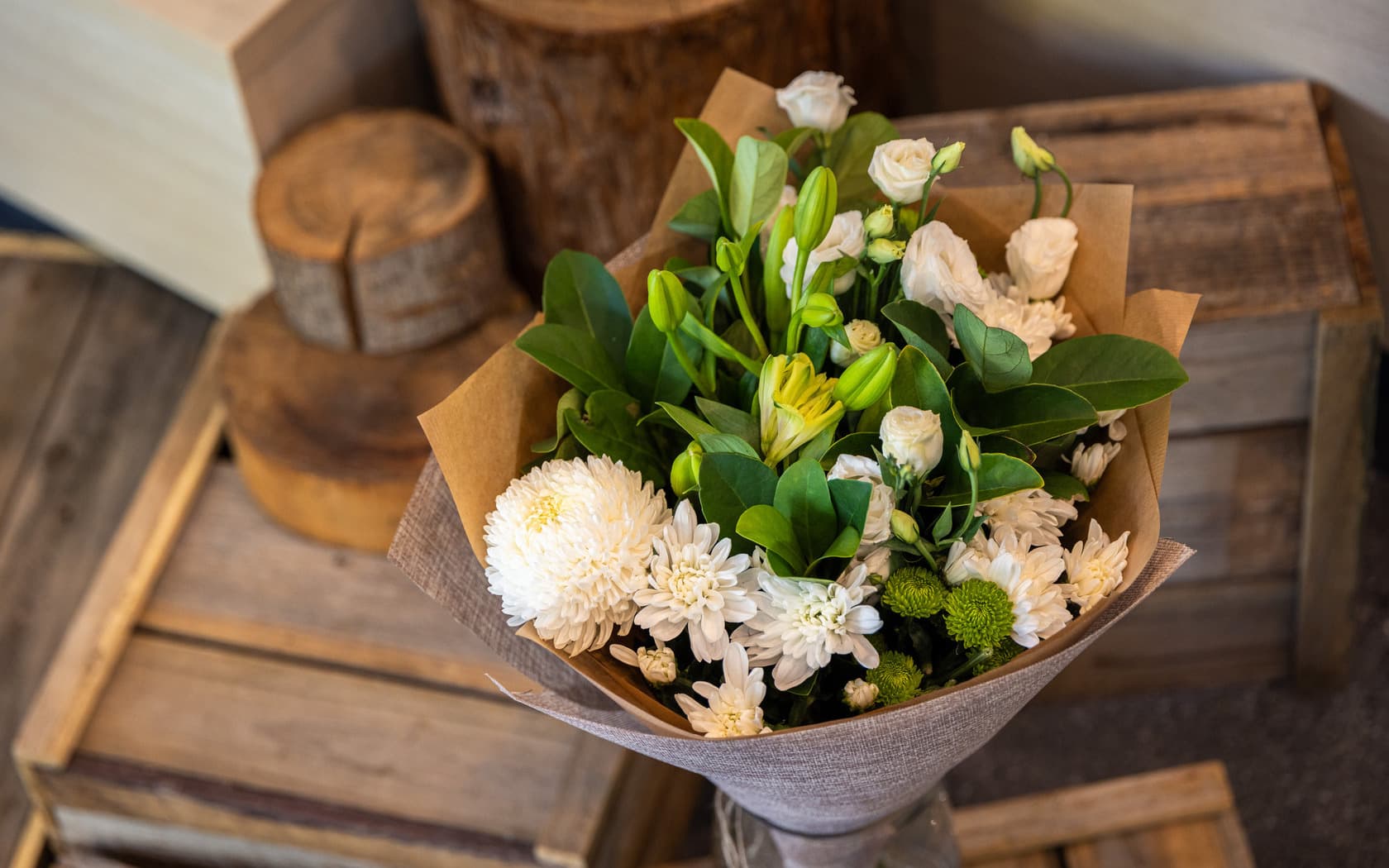What Not to Say to a Grieving Person
- 16 July 2020

“Grief is like the ocean; it comes on waves ebbing and flowing. Sometimes the water is calm, and sometimes it is overwhelming. All we can do is learn to swim.”Vicki Harrison
Knowing what to say to someone in grief can be a great challenge. We want to be there for them, but also understanding that they may be sensitive and experiencing a range of emotions at that time. There is no right thing to say, but there are ways to offer your support in a loving and kind way.
Here are some helpful suggestions on things to avoid when someone is grieving and the better approach to take to help ease their journey where possible.
Say their name
It may seem strange, but saying nothing can often be the worst thing to do with a person who is grieving. To not mention the lost loved one can amplify the loss.
Asking the person to share a story, a favourite moment or simply saying their name when acknowledging the loss can provide great comfort to someone in grief.
Put their grief before your own
It’s likely that if you are close to the person in grief, you may have known their deceased loved one also. Although you too may be grieving, it is important not to focus on your own sadness or loss over theirs. Sharing stories of how difficult it is for you or how hard you're finding the loss will not be of comfort to the person closest to the grief.
When with the grieving person, be there for them and share your care. You can then seek out a friend or loved one who is a little further removed to express your own grief because that is also important. It means that everyone gets to manage their grief in their way and focus on what they need.
See our recent article on supporting a friend when grievingExternal site for some more guidance on this subject.
Open-ended offers of help
You may want to help your friend but asking “what can I do” can be overwhelming to a person in grief.
Instead, you can offer practical help. Cooking a meal, picking up groceries, helping with funeral arrangements or some other task that would make their life easier. Giving them a specific task that you can take off their hands will help them to focus on their own grieving process without having to worry about the day to day of life on top of it all.
Less is more
Sometimes we want to show our friends and family how much we love them. We do this with words and showing affection. But at a time of grief, space and quiet may be what the person needs.
Simple messages of “I am here” and “I’m sorry for your loss” and “Sending you our love” can mean a lot to the person without them having to process a lot of information. A gesture of flowers, a cooked meal, a card or a hug could say so much more than a long conversation. Keep it simple and allow the person grieving the space and time they need, while still having your love and support.
Write it down
Again, finding the right words can be hard and sometimes a phone call or visit with a person in grief can leave us lost for words. But messages of support will be felt and welcomed long after the initial grief has passed.
Consider sending a message, email, letter or card with kind words. As above, this can be simple. But it is something they can have and reflect on when they need it most. They may not be able to respond but knowing that others are thinking of them and having the evidence in the words on a page/screen can mean a lot. So write it down and share the love.
For additional support with grieving, make sure to take a look at our resources and services here. While we do not profess to ease the grieving process, we are here for each and every person at a time when they need us most.
Recommended articles

A complete guide to understanding the cremation process
- 2 February 2026
Moving through cremation with support. Our guide helps you understand each step as you honour a life well-lived.

Casket flowers and funeral flower arrangements in Melbourne
Discover beautiful casket flowers, elegant casket sheaths, and personalised funeral flower arrangements in Melbourne for Springvale and Dandenong.
What to write in a Christmas card after someone has passed away
- 1 December 2025
Find compassionate Christmas card message ideas for someone grieving. Thoughtful words to offer comfort and support during the holidays.